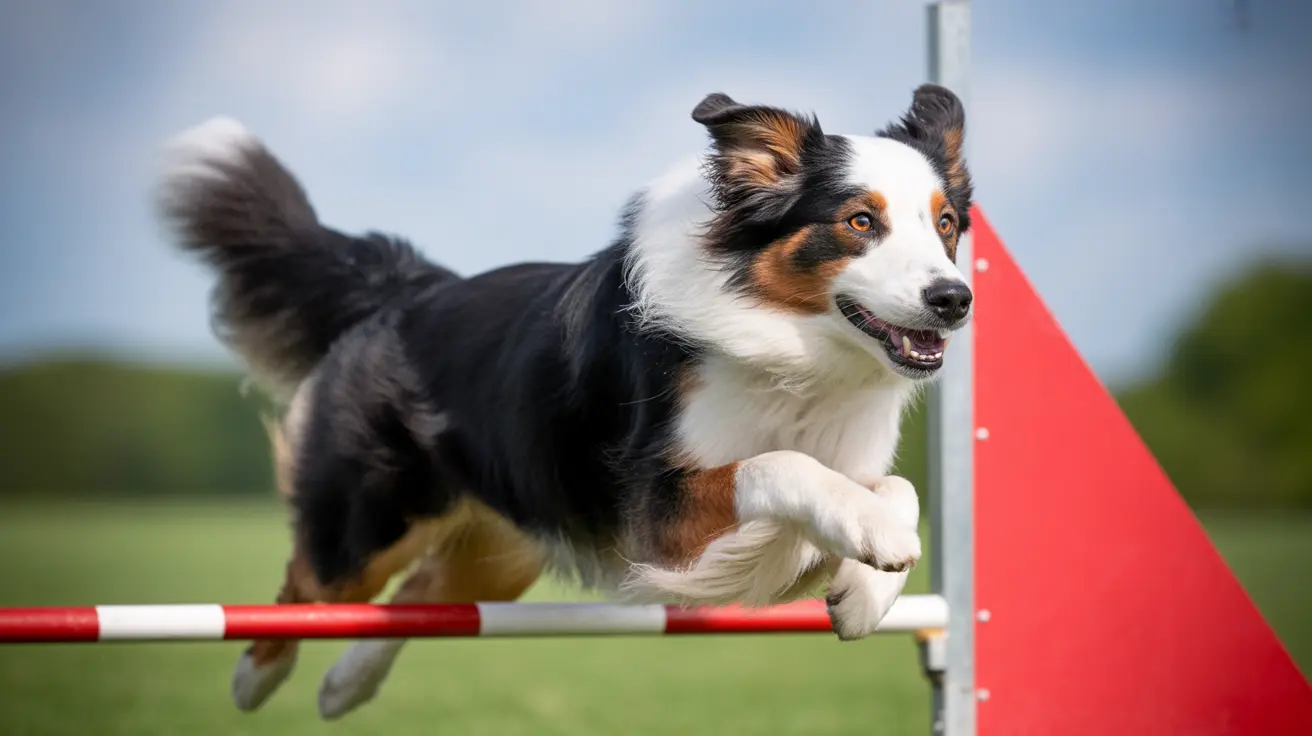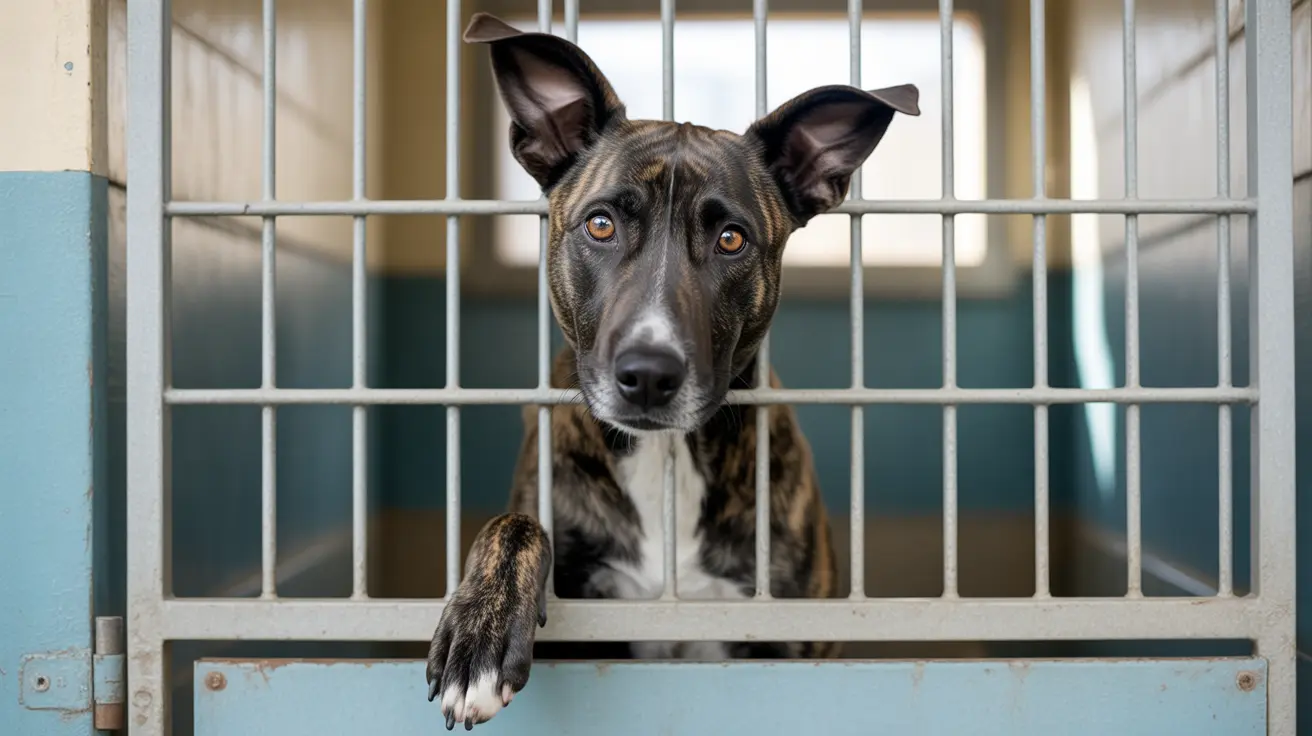Understanding Excessive Licking in Dogs: Causes and Solutions
Excessive licking in dogs is a behavior that many owners notice at some point. While it's normal for dogs to lick as part of their daily routine, persistent or compulsive licking can indicate deeper issues—either medical or behavioral.
Why Do Dogs Lick?
Licking is a natural instinct for dogs. From the moment they're born, puppies are licked by their mothers for comfort and cleanliness. As they grow, dogs use licking to groom themselves, bond with other animals and people, and explore their environment. It's also a way for them to communicate affection, empathy, or simply seek attention from their owners.
- Affection and bonding: Dogs often lick owners to show love or happiness.
- Taste: Sometimes, they’re attracted by the taste of sweat, food residue, or lotions on your skin.
- Hunger: Licking can be linked to wild instincts—puppies lick their mother’s mouth when hungry.
- Self-soothing: The act of licking releases endorphins that help dogs cope with stress or boredom.
When Does Licking Become Excessive?
If you notice your dog licking themselves, you, or objects more than usual—or if it disrupts their daily life—it could be excessive. Signs include focusing on one spot until hair loss or sores develop, licking that prevents rest or play, and symptoms like limping or whining.
Medical Causes of Excessive Licking
Certain health problems can make dogs lick persistently:
- Allergies: Environmental factors, food sensitivities, or flea bites can cause itching and lead to constant licking. Look for scratching, redness, or infections.
- Skin conditions: Yeast, bacterial, or fungal infections often make the skin uncomfortable—dogs may target warm areas like between toes.
- Pain: Injuries (like wounds), arthritis, or sore spots prompt dogs to lick specific areas repeatedly.
- Nail problems: Cracked or infected nails cause discomfort in the feet.
- Digestive issues: Nausea or acid reflux sometimes manifests as floor-licking and drooling.
- Anal gland disorders/UTIs: Dogs may focus on their groin/rear if these areas are irritated; watch for swelling or abnormal discharge.
Behavioral Causes of Excessive Licking
Licking isn’t always about physical discomfort. Behavioral triggers include:
- Anxiety and stress: Changes in environment, separation from family members, loud noises—these all can trigger compulsive licking as a coping tool.
- Boredom/frustration: Lack of stimulation leads some dogs to self-soothe by licking themselves (or furniture).
- Obsessive-compulsive disorder (OCD): Some dogs develop ritualistic licking habits that may result in self-injury.
- Attention-seeking: If owners consistently respond to licking with attention—even negative—it reinforces the habit.
Telltale Signs That Licking Is a Problem
- Persistent focus on one spot (hair loss/redness/sores)
- Licking interferes with rest/play/eating
- Limping/whining/swelling/abnormal discharge accompany the behavior
Tackling Excessive Licking: What Can You Do?
Solve Medical Issues First:
If your dog suddenly starts licking excessively—especially if you see wounds or discomfort—get a veterinarian’s opinion promptly. They’ll check for allergies, infections, pain sources (like arthritis), digestive problems, nail injuries, and more. Treat any diagnosed conditions as recommended by your vet.
Add Stimulation & Routine:
A bored dog is more likely to develop bad habits like excessive licking. Ensure regular exercise (walks/playtime) and mental stimulation (training sessions/puzzle toys). These activities keep your dog’s mind engaged and reduce anxiety-driven behaviors.
Tweak Your Interactions:
If you’ve been giving attention when your dog licks you (even scolding counts!), try redirecting them instead. Reward calm behavior with treats/toys/praise. Use commands like "leave it" to interrupt unwanted licking gently but firmly.
Create a Calm Environment:
If stress is the culprit—say during thunderstorms—try calming aids (as approved by your vet), soothing music, safe spaces like crates/beds away from noise sources. In severe cases consult an animal behaviorist for specialized help.
Deter Problem Areas Safely:
Your vet might suggest non-toxic bitter sprays on furniture/wounds to discourage obsessive licking while underlying issues resolve—but only use these under professional guidance!
A Few Prevention Tips
- Keep your dog hydrated and feed them a balanced diet
- Pursue regular grooming & parasite control (fleas/ticks)
- Avoid mixed signals: consistently reinforce good behaviors only
If you ever notice sudden changes in your dog’s licking habits—especially if it comes with wounds/discomfort—a quick visit to the vet can prevent small problems from becoming big ones. Monitoring what triggers the behavior helps keep your furry friend healthy and comfortable for years to come!





